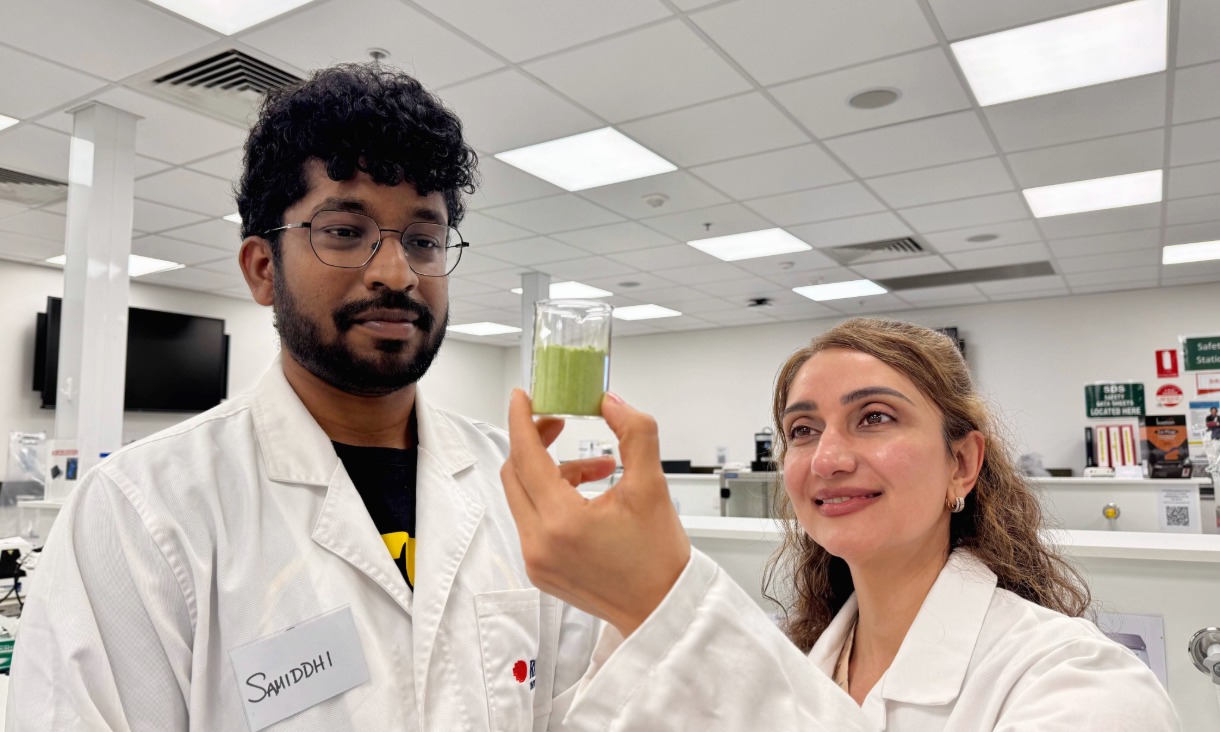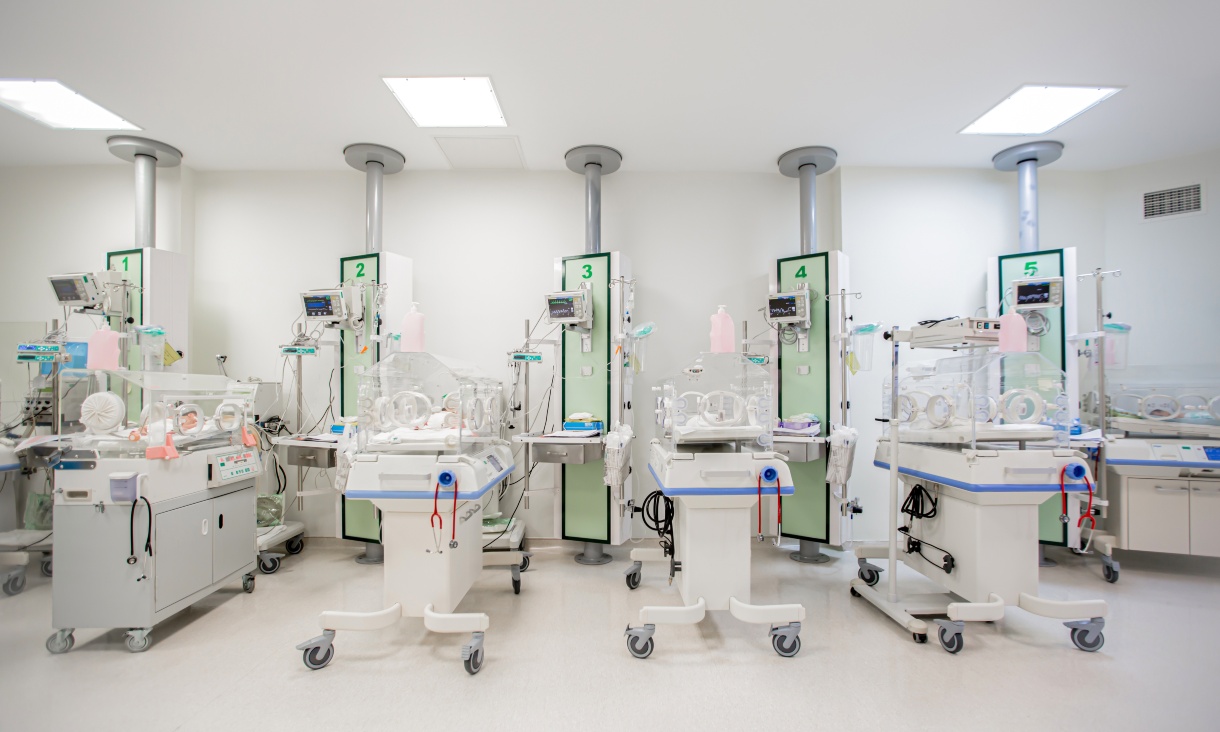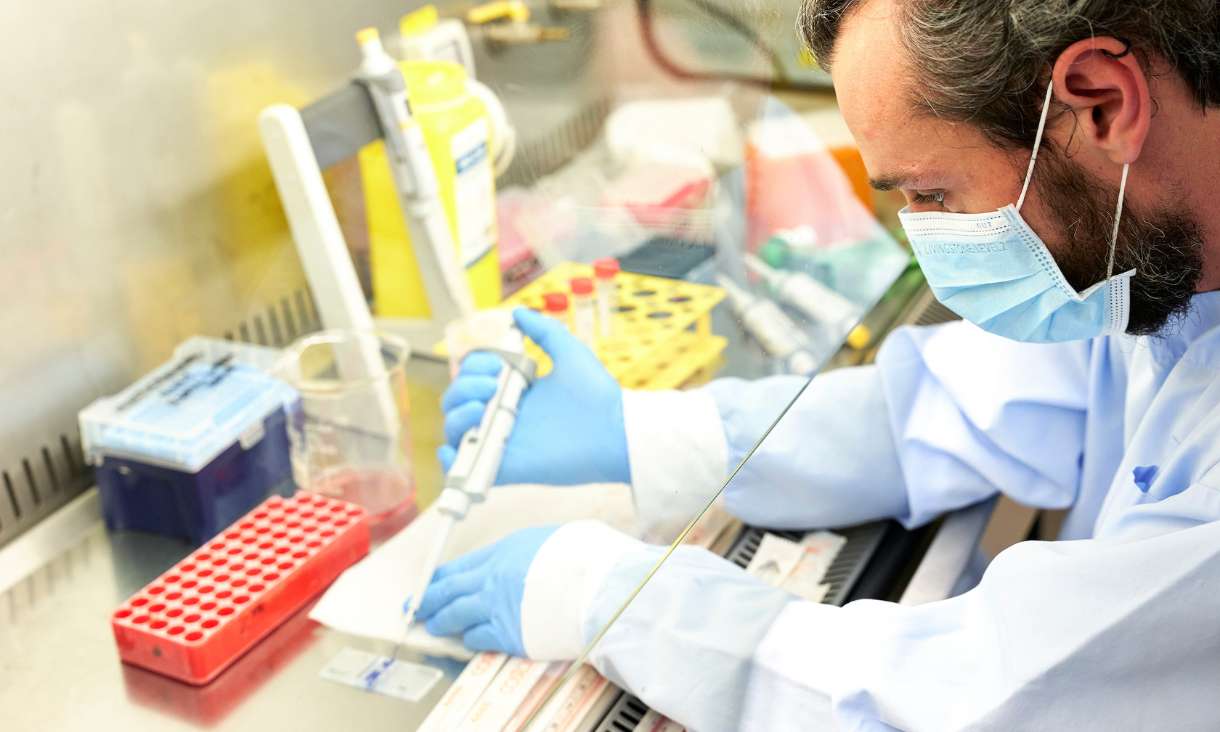The launch of the RMIT Digital Health Hub, which will work closely with industry to solve unmet industry needs, from virtual care and artificial intelligence to diagnostic and monitoring wearables and sensors, was announced at the Digital Health Festival - Australia’s largest festival on the future of healthcare.
The Hub’s director Kerryn Butler-Henderson said the aim of the RMIT Digital Health Hub is to connect industry with the advanced digital health research and expertise from across RMIT to transform healthcare delivery and improve health outcomes across the lifespan of citizens.
“The COVID pandemic has resulted in a rapid acceleration of innovations in the health sector, but it is just the beginning. It takes a multi-sectorial approach to co-designing solutions to today’s health and care problems and the Digital Health Hub will play a key role in the development, testing, and implementation of new innovations to support citizen health and wellness goals in the home and the community,” she said.
The RMIT Digital Health Hub has been launched in partnership with AND Health and Digital Health CRC.
“As a University of technology and enterprise, our industry partnerships will be critical to driving meaningful transformation in digital health innovation through research, training, internship and workforce development,” Butler-Henderson said.
The Hub will be an epicentre for transdisciplinary research with capabilities across engineering, data science, information technology, health and biomedical sciences, design and social sciences and business and law and will also offer training through RMIT Online to support students pursuing a career in digital health and the healthcare sector.
Butler-Henderson, who is also Chair of the Global Digital Health Specialist Workforce Census, said helping to promote a digitally capable healthcare workforce is a key focus of the hub.
“RMIT is addressing the need for digitally capable graduates by incorporating digital health training across its health programs. Further, it provides short courses and postgraduate training to upskill the existing workforce,” she said.
“A workforce upskill strategy is embedded into our model to support the health sector with both the training of health and care professionals and the development of a specialist digital health workforce,” she said.
The Digital Health Hub is already committed to supporting a range of international digital health programs, including the Digital Health Program for people with lower limb amputation, physical disability and associated mental health concerns in developing countries, which was launched in Indonesia in May.
The program, which will also be delivered in Cambodia and Timor-Leste, aims to build sustainability and the capacity of in-country providers to improve people’s mobility and quality of life. It will be delivered through on-line digital learning platforms based at RMIT and face-to-face training.
The Hub is also supporting the Improving digital empowerment for active healthy living (IDEAHL) project, which also launched earlier this month, funded by the European Union’s Horizon Europe program and coordinated by the Regional Ministry of Health of Asturias.
RMIT Europe is one of 14 partners involved in the €2.7 million IDEAHL research project, which will create a digital health literacy strategy and transform how everyday citizens manage their healthcare.
Other programs supported by the RMIT Digital Health Hub include:
A project to bring clinical decision support software that predicts deteriorating health into aged care settings;
The Sleeptite, RMIT and Sleepeezee Bedding Australia collaborative project, which has seen sensor technology embedded in bedding material to help detect and prevent night time falls in aged care settings and provides data and insights on the users' state of health and sleep patterns;
The RMIT Digital Health Hub will also host the Melbourne Digital Health Ecosystem of the European Connected Health Alliance Group (ECHAlliance Group) to support initiatives and connections between policy makers, healthcare providers, researchers, technology disruptors and the community sector to drive sustainable change and disruption in the delivery of health care.
The Digital Health Hub is the latest example of RMIT’s commitment to developing future focussed hubs of innovation with strong industry connections.
In the last six months RMIT has launched a Research Hub for Diamond Quantum Materials, a Space Industry Hub, and a Data Innovation Hub to boost skills in data analytics and AI.
Visit the RMIT Digital Health Hub.
Story: Thomas Odell







